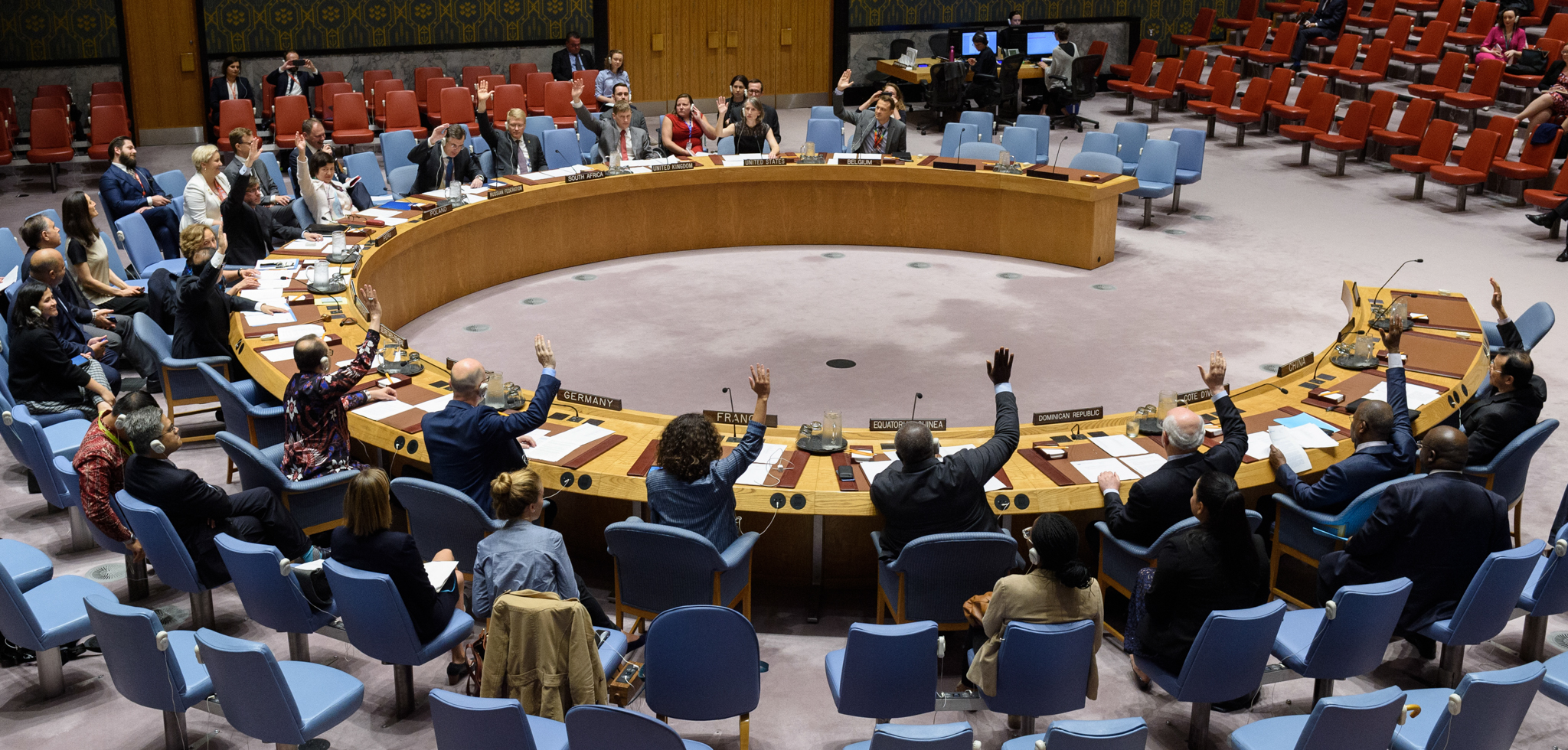America’s cultural shifts are consistent with previous generations, for better or worse.
PRAY FIRST for the hearts of all Americans to be tuned to see daily kindness and moral goodness that often goes unnoticed.
Make me to know your ways, O Lord; teach me your paths. Psalm 25:4
When dealing with the subject of moral decline, both globally and in America, the discussion often breaks down due to how different groups define the very basis of morality. In a pluralistic society, where beliefs vary widely across cultures, faiths, and generations, the question becomes more nuanced: whose morals are we talking about, and how do we distinguish between decline and change?
While Christians’ understanding of morality is rooted solely in the character of God, and the terms of morality are centered on the values taught in Scripture, other religious groups and even those outside of any religion tend to track morality in more ambiguous ways, or by a different set of rules entirely. Simple virtues such as honesty, kindness, and personal responsibility may drastically change in meaning depending on who is speaking. This means that, to answer the question of moral decline, the approach has to include research from many different political spectrums in order to provide the clearest measure.
The Research
In a 2025 study as part of the State of the Church 2025, the Barna Group found an over 12% increase from 2021 in Americans who dedicated their lives to Christ. This contrasts with research by the Pew Research Center, which showed that church attendance has dropped significantly over the past two decades. When trying to reconcile this with the apparent losses in Church attendance, Barna researchers found that much of the growth is happening outside of traditional or expected places. Millennials, Gen-Z, and Gen-Alpha are showing significant interest in Christ, faith, and Scripture, but are simultaneously pushing the boundaries of how they live out their faith. The Christian Broadcasting Network reported that much of the growth is happening outside of church building walls and is on college campuses, in communities, in coffee shops, and, overall, more organically in neighborhoods.
In a 2023 study in Nature, a far more secular organization, they examined broad behaviors such as violence, generosity, or honesty, and found a similar trend that seems to indicate that moral decline has stalled. They surveyed over 12 million people across 60 countries and, while participants consistently reported a belief that morality is declining, the data showed no actual global decrease in moral behavior. The authors attributed this disconnect to cognitive biases—our tendency to romanticize the past and focus on negative headlines. In the U.S., Gallup found that 54% of Americans rate moral values as “poor” and 83% believe they are getting worse, reflecting anxiety more than fact.
When combined, these two approaches and vastly different spectrums show that morality isn’t necessarily in perpetual decline or always growing, but that each generation may approach faith, morality, and a relationship with God in ways that seem foreign to the generation that came before. Each generation will have to wrestle with the moral battles of their time, which will be vastly different than the moral struggles of their parents and grandparents.
History, Media, and Moral Shaping
America has long cycled through waves of moral concern from the jazz age to comic books, television, and the internet. Each era brought warnings of moral decay, yet with hindsight, these often appear more like cultural adjustments than collapses.
Today, younger generations seem to express morality through causes like social justice, healthcare, climate action, and mental health advocacy. These priorities differ from traditional norms but can still reflect their own deep concern for right and wrong.
The media can fuel moral apprehension by amplifying extremes. However, when scholars have analyzed actual conduct—volunteering, charitable giving, or acts of honesty—there is consistency and even some improvement in many areas. Our sense of decline may say more about how we consume the news than how people actually live out their lives.
Institutions and Global Perspectives
Religious and civic institutions respond to cultural change in varied ways. Some focus concern around evolving views on sexuality and family, while others emphasize continuing engagement with emerging social conversations, shaped by their individual beliefs and practices. Church attendance may be down, but many congregations have deepened their work in communities, especially among younger believers who connect their faith with action. As the Barna Group noted, younger believers are pushing the boundaries of how they can live their faith in the world, not just inside the church building.
Immigrants often view the U.S. as morally open—sometimes too permissive, other times refreshingly free. Global comparisons suggest American society is not uniquely declining. Rates of divorce, crime, and infidelity in many Western nations have either stabilized or dropped. These realities offer nuance to the discussion.
As values evolve, a central question remains: can society function without shared morals? Research suggests we do not need identical beliefs, but we do need common commitments—honesty, empathy, and responsibility—to maintain trust and social order.
Why It Matters and How We Can Respond
This discussion matters not because we are trying to return to an idealized past, but because we care about how people treat one another now. If public discourse around moral decay turns into blame or fear, we miss the opportunity to invest in what builds moral strength. As each generation seeks God in the time in which they were born, they much respond to the crisis and issues of their age. We should seek to empower them through the teaching of the Word of God and through prayer that God will be at work in them to shape the future, even if it does not perfectly resemble what we expected.
As followers of Jesus, we are not called to nostalgia or domination. We are called to faithfulness, wisdom, and compassion. Colossians 4:6 reminds us, “Let your speech always be gracious, seasoned with salt, so that you may know how you ought to answer each person.” And that is timeless.
We can:
– Slow our assumptions and deepen our listening.
– Speak into culture with humility and not hostility.
– Practice moral consistency rather than performative outrage, fault-finding.
– Quiet our news intake and notice everyday decency around us.
– Reinvest in moral formation, especially with the next generation.
HOW THEN SHOULD WE PRAY:
— Pray for Americans around the country to seek ways nurture common moral ground among diverse perspectives while remaining faithful to God’s Word and the truth. Let each of us please his neighbor for his good, to build him up. Romans 15:2
— Pray for guide and direct our leaders as they wrestle with legislation that reflects the morality and ethics of our nation. With all humility and gentleness, with patience, bearing with one another in love. Ephesians 4:2
CONSIDER THESE ITEMS FOR PRAYER:
- Pray parents and mentors in America as they model consistent character for the next generation.
- Pray the media voices and news outlets to prioritize stories that inform and inspire over those that only cause alarm and fear.
- Pray our political, civic, and faith leaders encourage a shared sense of purpose rooted in God’s Word, integrity, humility, and mutual respect.
Sources: Gallup, The Wall Street Journal, Barna Group, Christian Broadcasting Network, Nature.com, YouGov, Pew Research Center









